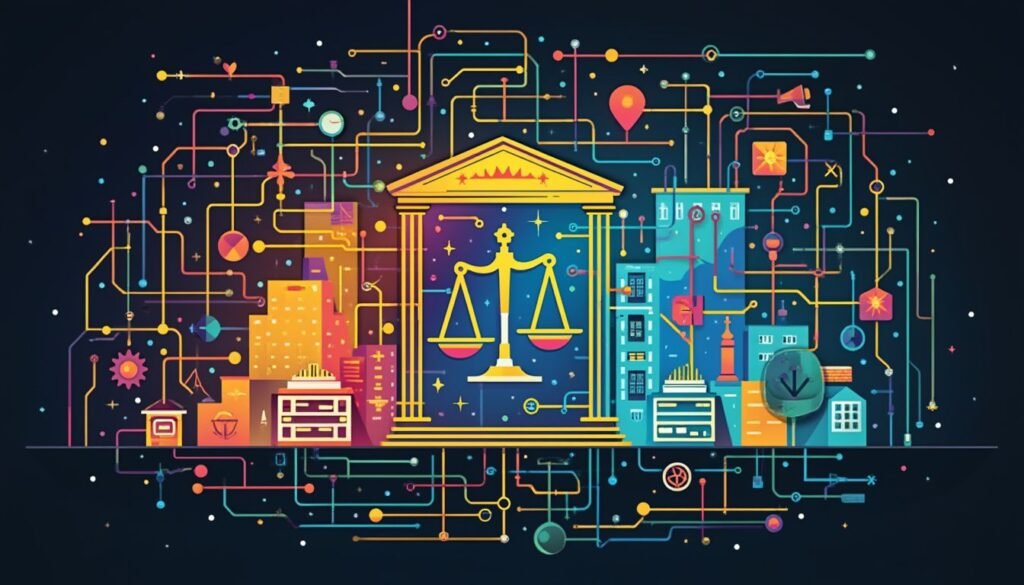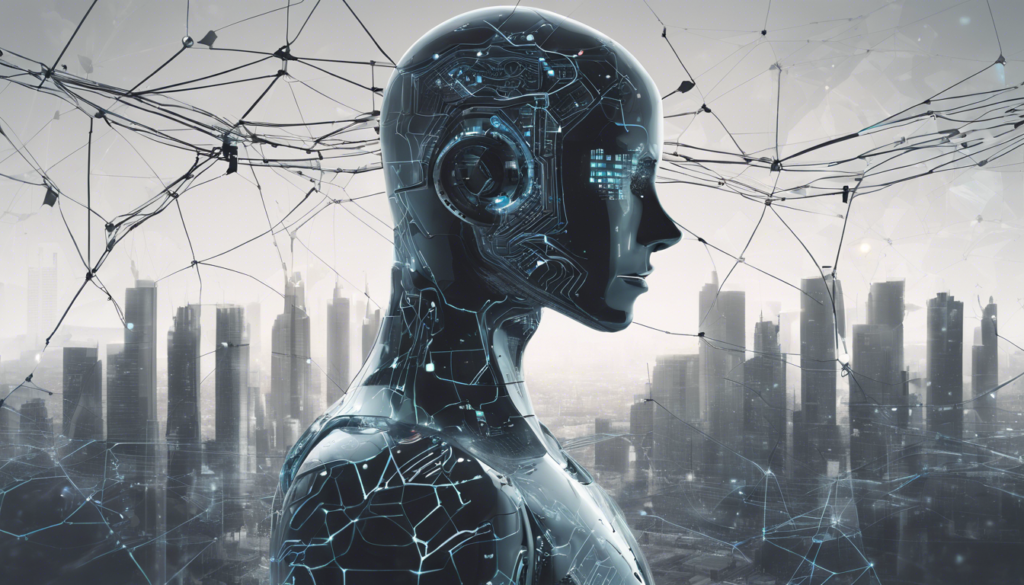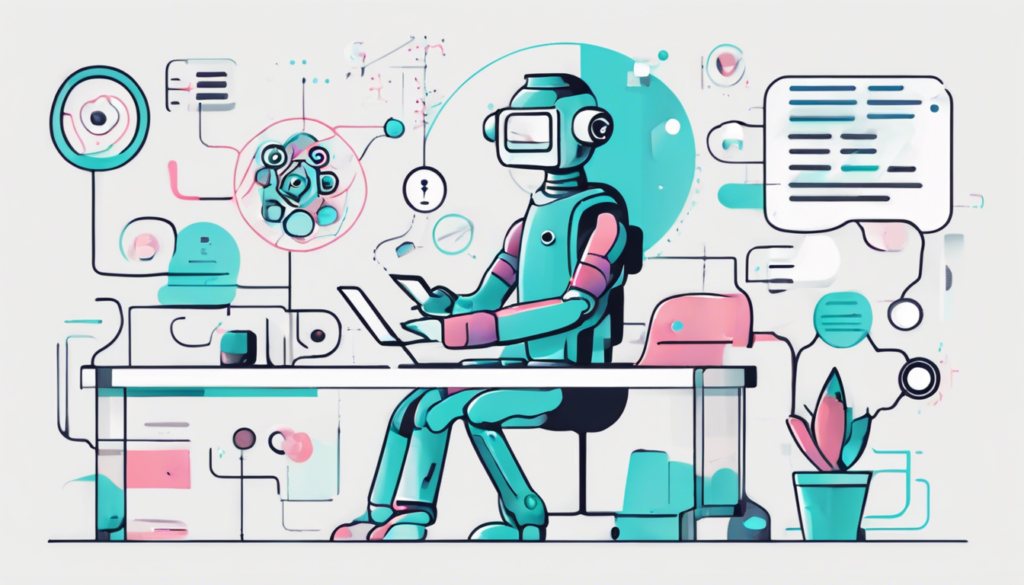In an era where technology is advancing at an unprecedented pace, OpenAI technologies stand out as transformative forces driving innovation across numerous sectors. This article explores the profound impact of AI on industries ranging from healthcare to finance, illustrating how OpenAI is not only fostering groundbreaking advancements but also how it addresses critical challenges and ethical considerations. By examining success stories and envisioning the future landscape of innovation powered by OpenAI, we aim to provide professionals with a comprehensive understanding of these technologies and their potential to reshape our world.
Key Takeaways:
- OpenAI technologies are transforming industries through enhanced automation and data analysis.
- The integration of AI fosters innovative solutions by streamlining processes and improving efficiency.
- Case studies illustrate successful implementations of OpenAI, showcasing tangible benefits in various sectors.
- Professionals must navigate ethical considerations to responsibly leverage AI technologies.
- The future of innovation will heavily depend on advancements in OpenAI technologies and their applications.
Introduction to OpenAI Technologies
OpenAI technologies represent a pioneering suite of artificial intelligence tools and frameworks designed to enhance productivity and innovation across various sectors. Leveraging state-of-the-art machine learning algorithms, OpenAI has developed models such as GPT-3 that can generate human-like text responses, facilitating seamless communication and content creation. Professionals in diverse fields, including healthcare, finance, and education, are increasingly adopting these technologies to analyze data, automate repetitive tasks, and improve decision-making processes. With a strong emphasis on ethical AI use, OpenAI technologies not only push the boundaries of what machines can accomplish but also prioritize responsible application to ensure they serve society positively. As the landscape of artificial intelligence continues to evolve, familiarity with OpenAI’s offerings allows professionals to stay competitive and enhance their operational capabilities in an ever-changing technological environment.
The Impact of AI on Various Industries
OpenAI technologies have significantly transformed various industries by enhancing efficiency, automating processes, and enabling data-driven decision-making. In the healthcare sector, for example, AI-driven diagnostic tools powered by OpenAI innovations are assisting medical professionals in analyzing patient data swiftly, leading to improved outcomes and timely interventions. Similarly, in finance, algorithms developed using OpenAI technologies are streamlining trading processes and risk assessment, allowing institutions to respond more rapidly to market changes. The manufacturing industry is also reaping benefits through predictive maintenance models that reduce downtime and optimize production schedules. Moreover, the retail sector is harnessing AI to personalize customer experiences, analyze shopping patterns, and optimize inventory management. As these technologies continue to evolve, professionals across various fields must integrate OpenAI solutions to remain competitive and drive innovation in their operations, highlighting the importance of embracing this technological advancement.
‘The best way to predict the future is to invent it.’ – Alan Kay
How OpenAI is Fostering Innovation
OpenAI is fostering innovation through its cutting-edge technologies that empower businesses and professionals to push the boundaries of what is possible. By providing robust APIs for natural language processing, machine learning, and deep learning, OpenAI equips developers with the tools necessary to integrate advanced capabilities into their applications seamlessly. Furthermore, OpenAI’s commitment to open-source collaboration and community engagement ensures that knowledge sharing occurs across the spectrum of industries, catalyzing creative solutions to complex challenges. This environment not only enhances productivity but also encourages the exploration of ethical AI applications, ensuring that innovation aligns with social responsibility. As a result, professionals in various fields, from healthcare to finance, are leveraging OpenAI technologies to drive transformative projects that have the potential to improve lives and reshape entire sectors.
Case Studies: Success Stories with OpenAI Technologies
In the realm of technological advancement, OpenAI technologies have been instrumental in transforming various industries, as evidenced by numerous successful case studies. For instance, a prominent healthcare provider implemented OpenAI’s natural language processing tools to streamline patient interactions and improve diagnosis accuracy. This integration resulted in a 30% reduction in appointment scheduling times and enhanced patient satisfaction scores significantly. Meanwhile, a leading e-commerce platform leveraged OpenAI’s predictive analytics capabilities to optimize inventory management, leading to a 25% increase in operational efficiency and a substantial boost in revenue. These success stories not only showcase the versatility of OpenAI technologies but also serve as a testament to their potential for driving innovation and achieving remarkable results in professional settings.
Challenges and Ethical Considerations
The rapid advancement of OpenAI technologies presents a spectrum of challenges and ethical considerations that professionals across various fields must navigate. As artificial intelligence systems become increasingly integrated into decision-making processes, concerns regarding data privacy, algorithmic bias, and the transparency of AI models have gained prominence. Organizations must grapple with the implications of deploying AI that could unintentionally reflect or amplify societal biases, potentially leading to discrimination or inequality in outcomes. Additionally, the question of accountability arises—who is responsible when an AI-driven decision results in harm? Furthermore, ensuring compliance with emerging regulations while fostering innovation creates a complex landscape for professionals to manage. As the technology continues to evolve, it is imperative for stakeholders to engage in ongoing dialogue, establish robust ethical frameworks, and implement best practices that prioritize human well-being and societal benefit.




